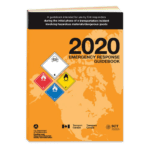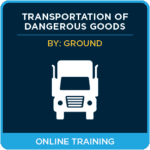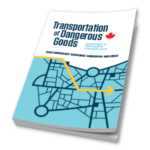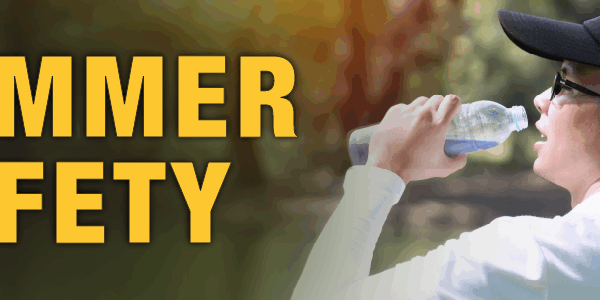This post was originally published in March 2017 and has been updated in April 2022 for accuracy.
Unfortunately, Accidents Do Happen
Dangerous goods, necessary for Canadians’ quality of life, are transported from one area to another across the country every day. These goods, which travel by road, air, rail, and sea, leave Canada by the same routes, railway stations, airports, and ports. All these displacements increase the risk of incidents harmful to human beings and the environment. Therefore, it is essential that manufacturers, shippers, carriers, terminal operators, users, and governments strive to minimize the risk of incidents and the damage they can cause.
Approximately 30 million shipments of dangerous goods are shipped annually in Canada, and 99.998% of them travel to destinations without any incident!
When a dangerous goods incident occurs, the person in possession of the dangerous goods at the time of the incident must call the relevant competent authority (usually the local police, or call CANUTEC at *666 / 613-996-6666 / 1-888-CANUTEC, or call the 24-hour number that appears on the transport document or in the case of an ERAP call that activation number).
When first responders arrive at the scene of an accident involving dangerous goods, they will consult the Emergency Response Guide (ERG). They may also contact CANUTEC for assistance.
CANUTEC is Transport Canada’s Canadian Transport Emergency Center where bilingual scientists are always ready to answer. They are trained in emergency response and are ready to assist when an accident happens involving dangerous goods. CANUTEC’s role is to provide technical and scientific advice in an incident involving dangerous goods and to bring together all persons involved in the incident. The CANUTEC’s staff handles nearly 1,000 emergencies and answers more than 22,000 phone calls every year!
Note that CANUTEC advisors do not go to the scene of an incident.
CANUTEC also provides a 24-hour emergency telephone service for registered Canadian shippers who enter the CANUTEC emergency telephone number (1-888-CAN-UTEC (226-8832) or 613-996-6666) on their dangerous goods shipping documents. The free online registration for this service is available on the CANUTEC website.
TDG Reporting Requirements
Newly amended, Part 8 (Reporting Requirements) of the Transportation of Dangerous Goods (TDG) Regulations improves the data collection process, increases risk analysis capacity and specify the reporting requirements.
Part 8 of TDG requires that CANUTEC be contacted in the case of:
- a Release or Anticipated Release Report (Road, Rail, Marine);
- a Dangerous Goods Accident or Incident Report (Air);
- an Undeclared or Misdeclared Dangerous Goods Report (Air);
- a Loss or Theft Report (Road, Rail, Marine, Air); or
- an Unlawful Interference Report (Road, Rail, Marine, Air).
Part 8 has three tier reporting for road, rail and marine:
- Emergency report to local authorities if the release endangers or could endanger public safety* consult 8.2;
- A Release or Apprehended Release report, only if special requirements are met consult section 8.4;
- A 30-day follow-up report, if a release or apprehended release report was required, consult section 8.6.
*Note that public safety refers to safety related to human life and health, property and the environment.
Transport Canada released Safety Awareness Kits aimed at target audiences – First Responders, Communities/Municipalities, Industry and the General Public – containing valuable information on the Transportation of Dangerous Goods. You can consult them at:
Transportation of Dangerous Goods Safety Awareness Materials and FAQ webpage
Stay up to date and sign up for our newsletter!
We have all the products, services and training you need to ensure your staff is properly trained and informed.
 ERG Guidebook |
 Shipping Dangerous Goods by Ground in Canada |
 Canadian TDG Publications |
This post was originally written by Suzanne Levac.







 ICC USA
ICC USA ICC Canada
ICC Canada